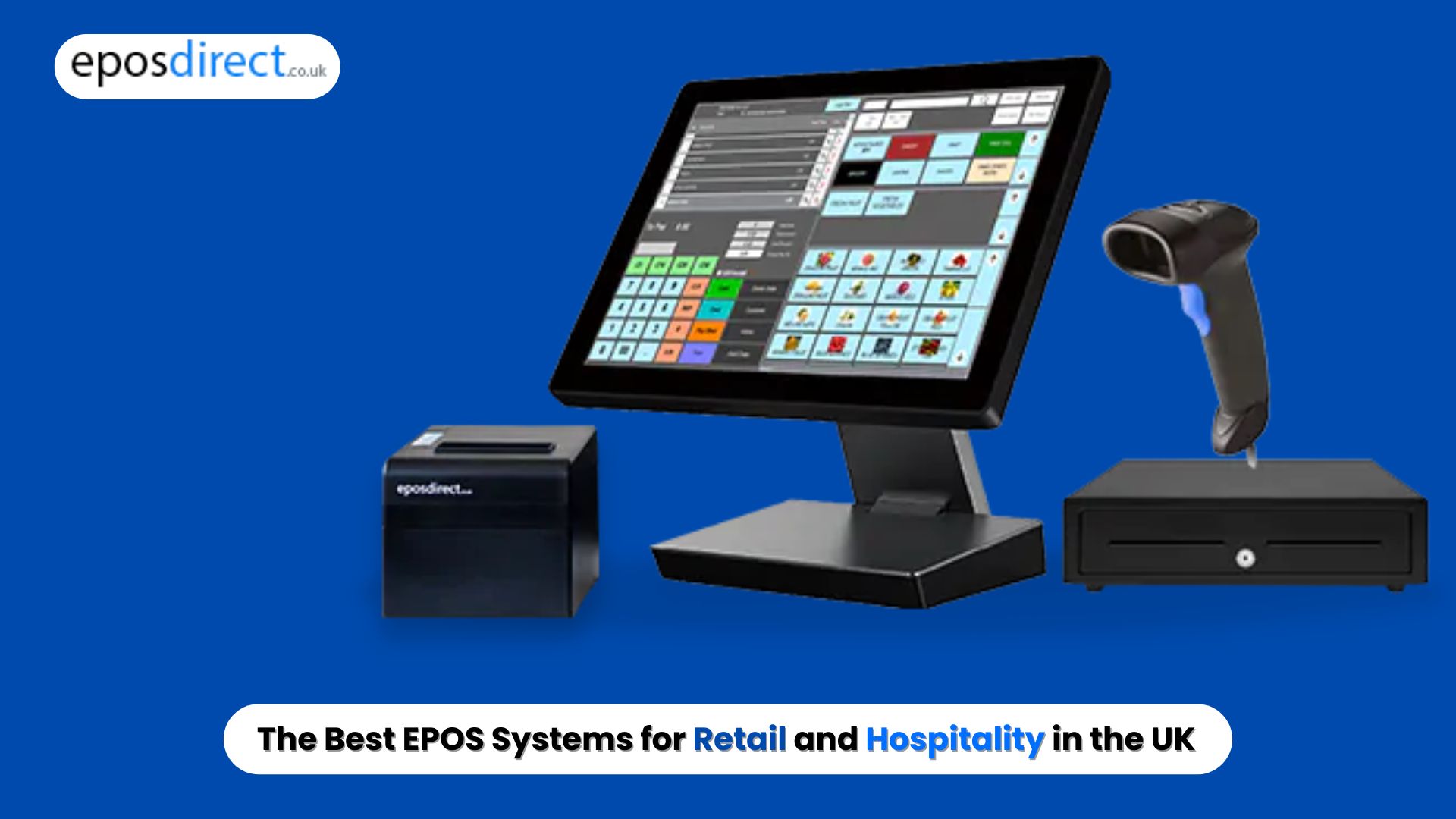We use cookies to make your experience better.
To comply with the new e-Privacy directive, you agree to the privacy policy and our use of cookies
How Epos Systems Have Transformed and What It Matters?

Technological advancements have played a pivotal role in the retail industry by shaping the way businesses operate. One such innovation that has significantly impacted the industry is the Electronic Point of Sale system. Epos systems, once limited to simple transaction processing, have evolved into sophisticated tools that streamline operations, enhance customer experiences, and drive business growth.
The Evolution of Epos Systems
The early Epos systems were primarily designed to automate cash register functions, replacing manual calculations and reducing the potential for errors. However, as technology progressed, Epos systems became increasingly versatile and integrated with other business functions. Latest epos solutions encompass a wide range of features, including:
Inventory Management: Epos systems can track stock levels in real-time, enabling businesses to optimise inventory planning, reduce stockouts, and minimise losses due to expired or damaged goods.
Customer Relationship Management (CRM): By collecting customer data through Epos systems, retailers can build customer profiles, personalise marketing efforts, and provide tailored recommendations.
Employee Management: Epos systems can assist in managing employee schedules, tracking performance, and calculating wages, streamlining HR processes.
Analytics and Reporting: Epos systems generate comprehensive reports on sales, profitability, customer behaviour, and other key metrics, empowering businesses to make data-driven decisions.
Integration with Other Systems: Epos systems can be integrated with accounting software, loyalty programs, and other business applications, creating a seamless workflow.
The Impact of Retail Epos Systems
The adoption of Epos systems has had a profound impact on the retail industry. Some of the key benefits include:
Improved Efficiency: Epos systems automate daily operations, saving time and effort required for manual processes. This increased efficiency allows businesses to focus on core activities and provide better customer service.
Enhanced Customer Experience: Epos systems enable retailers to offer personalised experiences, from targeted promotions to efficient checkout processes.
Data-Driven Decision Making: Epos systems provide valuable insights into customer behaviour, sales trends, and inventory performance. By analysing this data, retailers can make informed decisions to optimise their operations and improve profitability.
Reduced Costs: Epos systems can help businesses reduce costs by minimising errors, streamlining inventory management, and improving operational efficiency.
Increased Scalability: As businesses grow, Epos systems can easily adapt to changing needs and accommodate increased transaction volumes.
Choosing the Right Epos System
Selecting the right Epos system is crucial for businesses of all sizes. When choosing a POS provider, consider the following factors:
Business Requirements: Identify the specific features and functionalities that are essential for your business, such as inventory management, customer loyalty programs, or employee scheduling.
Scalability: Choose a system that can accommodate your business growth and future needs.
Integration Capabilities: Ensure that the Epos system integrations with your existing software and hardware.
Cost: Evaluate the initial investment, ongoing costs, and potential return on investment.
Vendor Support: Consider the reputation and reliability of the Epos vendor, as well as their level of customer support.
EPOS Direct has been at the forefront of technological advancements in the retail industry. Recognising the seismic shifts brought about by digital transformation, the company has adapted its offerings to meet the evolving needs of businesses. By integrating cutting-edge features like mobile payments, inventory management, and customer loyalty programs, EPOS Direct has empowered retailers to enhance customer experiences and streamline operations. These adaptations have not only ensured the company's relevance in the market but have also positioned it as a trusted partner for businesses seeking to thrive in the digital age.







